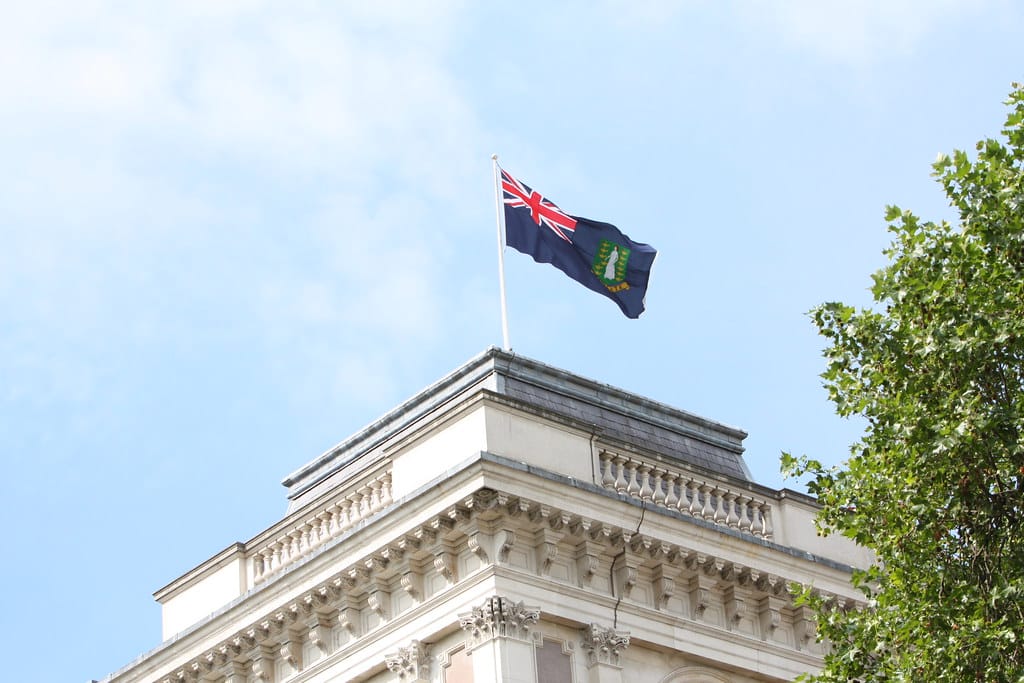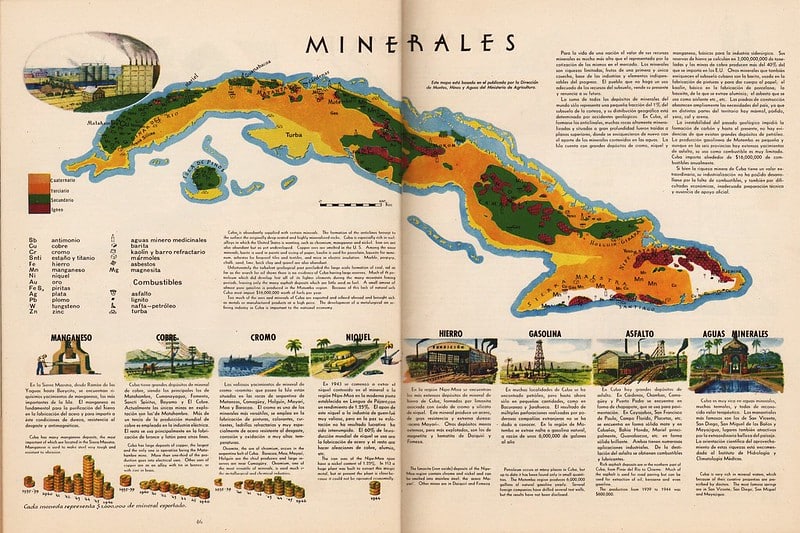District Court Interprets Geographic Scope of the Commodity Exchange Act
In a recent decision, CFTC v. WorldWideMarkets Ltd., the federal district court for the District of New Jersey (Judge Kevin McNulty) interpreted the geographic scope of the Commodity Exchange Act (CEA), holding that two of its provisions apply only when irrevocable liability for a transaction is incurred within the United States. The decision aligns the…
Continue ReadingPersonal Jurisdiction Gone Wrong: Barring U.S. Consumers from Suing Foreign Carmakers for Design Defects
The U.S. Supreme Court has twice emphasized (most recently in 2021) that the ability to sue a carmaker where the plaintiff lives and was injured is a quintessential exercise of personal jurisdiction. In Sellers v. Volkswagen AG, a Mississippi resident injured in Mississippi sued Volkswagen in Mississippi. The U.S. District Court for the Southern District…
Continue ReadingServing Chinese Defendants—Another Problematic Decision
An order last week in Teetex, LLC v. Zeetex, LLC illustrates some common and problematic approaches to serving process on defendants in China. When service under the Hague Service Convention had not been accomplished within six months, the district court authorized service by email on the defendant’s general manager in China and the general manager’s…
Continue ReadingMore Evidence that Helms-Burton is Backfiring
In 1996, Congress passed the Helms-Burton Act to strengthen sanctions against Cuba and to deter foreign companies from investing there. To discourage foreign investment, Title III created a civil remedy allowing U.S. nationals to sue any person who “traffics” in property confiscated by the Cuban government for damages in an amount three times the value…
Continue ReadingA Typical 1782 Case
28 U.S.C. § 1782 allows a federal court to order discovery for use in a foreign or international tribunal. After the Supreme Court’s first § 1782 decision in 2004, Intel Corp. v. Advanced Micro Devices, Inc., the number of § 1782 petitions increased dramatically, more than quadrupling between 2005 and 2017. In re Petition of…
Continue ReadingEnglish Court Finds No Sovereign Immunity in Spyware Case
The English High Court has applied a statutory exception to foreign sovereign immunity to claims arising from the alleged use of spyware by a foreign state to target and monitor dissidents in the United Kingdom. It is the first case to find an exception to sovereign immunity for allegations relating to spyware. In doing so,…
Continue ReadingChina’s New Data Security Law in U.S. Discovery Disputes
Discovery litigation regarding the impact of China’s Data Security Law (“DSL”), which took effect less than a year ago in September 2021, has steadily increased in U.S. courts, and it is likely to continue to increase over the coming months and years. One driver of this litigation is the uncertainty created by the newness of…
Continue ReadingFifth Circuit Issues En Banc Opinion on Personal Jurisdiction over Foreign Defendants
The Fifth Circuit has issued an important en banc opinion on foreign defendants, personal jurisdiction, and the Fifth Amendment Due Process Clause. The court held in Douglass v. Nippon Yusen Kabushiki Kaisha that the Fifth Amendment Due Process Clause mirrors the Fourteenth Amendment Due Process Clause, except that the relevant sovereign is the United States…
Continue ReadingSDNY Rejects Service by Email on Chinese Companies
In Smart Study Co. v. Acuteye-US, a federal court in the Southern District of New York (Judge Gregory Woods) rejected service by email on Chinese companies in a trademark and copyright infringement case. China and the United States are parties to the Hague Service Convention. The court reasoned that the Convention precludes service by email,…
Continue ReadingColorado Court Holds That Forum Non Conveniens Dismissal Is Not Preclusive
When a court in the United States grants a motion to dismiss for forum non conveniens, finding that a plaintiff’s claims should be litigated abroad, may the plaintiff instead choose to refile its claims in another U.S. jurisdiction? The answer will often be yes because the forum non conveniens dismissal does not have issue preclusive…
Continue Reading







